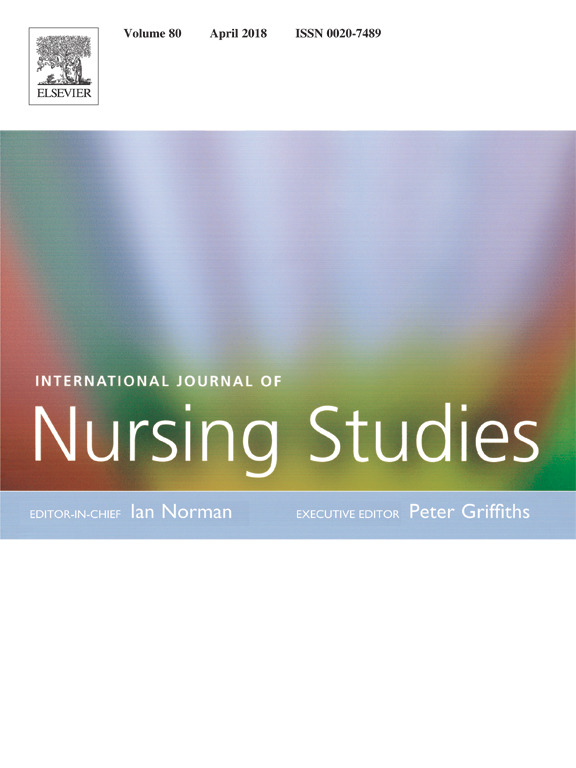Nurses make up the largest professional group within the healthcare workforce and their work is perceived as being physically and mentally demanding. According to a National Survey of the Work and Health of Nurses in Canada conducted in 2005, an alarming proportion of Canadian nurses then reported being overweight or obese, having high blood pressure, smoking, having high cholesterol, experiencing depression or being diabetic – all known modifiable risk factors for heart disease. But now, a new study is shining light on how Canadian nurses are not meeting the current physical activity guidelines and why many of today’s frontline nurses have poor cardiometabolic health.
Based on the National Survey findings from 2005, the Champlain Nurses’ Study, funded through the Ottawa Region for Advanced Cardiovascular Research Excellence (ORACLE) and a Canadian Institutes of Health Research (CIHR) Dissemination Grant, assessed the influence of the workplace (i.e. hours, shifts, work status, hospital and area location, perceived workplace physical activity environment) on physical activity levels and the heart health of Canadian nurses from a blend of rural and urban hospitals in the Champlain region of Ontario. In total, 410 nurses from 14 hospitals participated in the study.
“We know heart disease is the number one cause of death in Canada for women over the age of 55. And, we know the majority of nurses are women. It’s now time to focus on the health of our nurses. We must start caring for those who take care of us.”
- Dr. Thierry Mesana, the Heart Institute’s President and CEO

The study showed seventy-seven per cent (77%) of hospital nurses do not meet current physical activity guidelines, but do exceed the recommendations if evaluating continuous (i.e. non bout) physical activity levels. Nurses often engage in rotating shifts, which have been associated with an increased risk of coronary heart disease. Rotating shifts, 12-hour shifts, and/or working full-time or part-time hours may prevent nurses from meeting the recommended levels of physical activity.
Dr. Jennifer Reed, a Scientist and Director of the Exercise Physiology and Cardiovascular Health Lab at the University of Ottawa Heart Institute, and a principal investigator for the Champlain Nurses’ Study, is not surprised by her findings.
“Further research is needed to explore the intrapersonal, social- and physical-environmental determinants of moderate-to-vigorous intensity physical activity influencing Canadian nurses so appropriate, tailored interventions to address suboptimal physical activity levels might be developed and delivered,” she said.
For more information:
Video: Heather Sherrard, Executive Vice President for Clinical Operations and Chief Nursing Officer at the University of Ottawa Heart Institute, discusses the Champlain Nurses Study on CTV Morning Live with Henry Burris.
Document: Dr. Jennifer Reed et al’s study has been recently published in the International Journal of Nursing Studies



